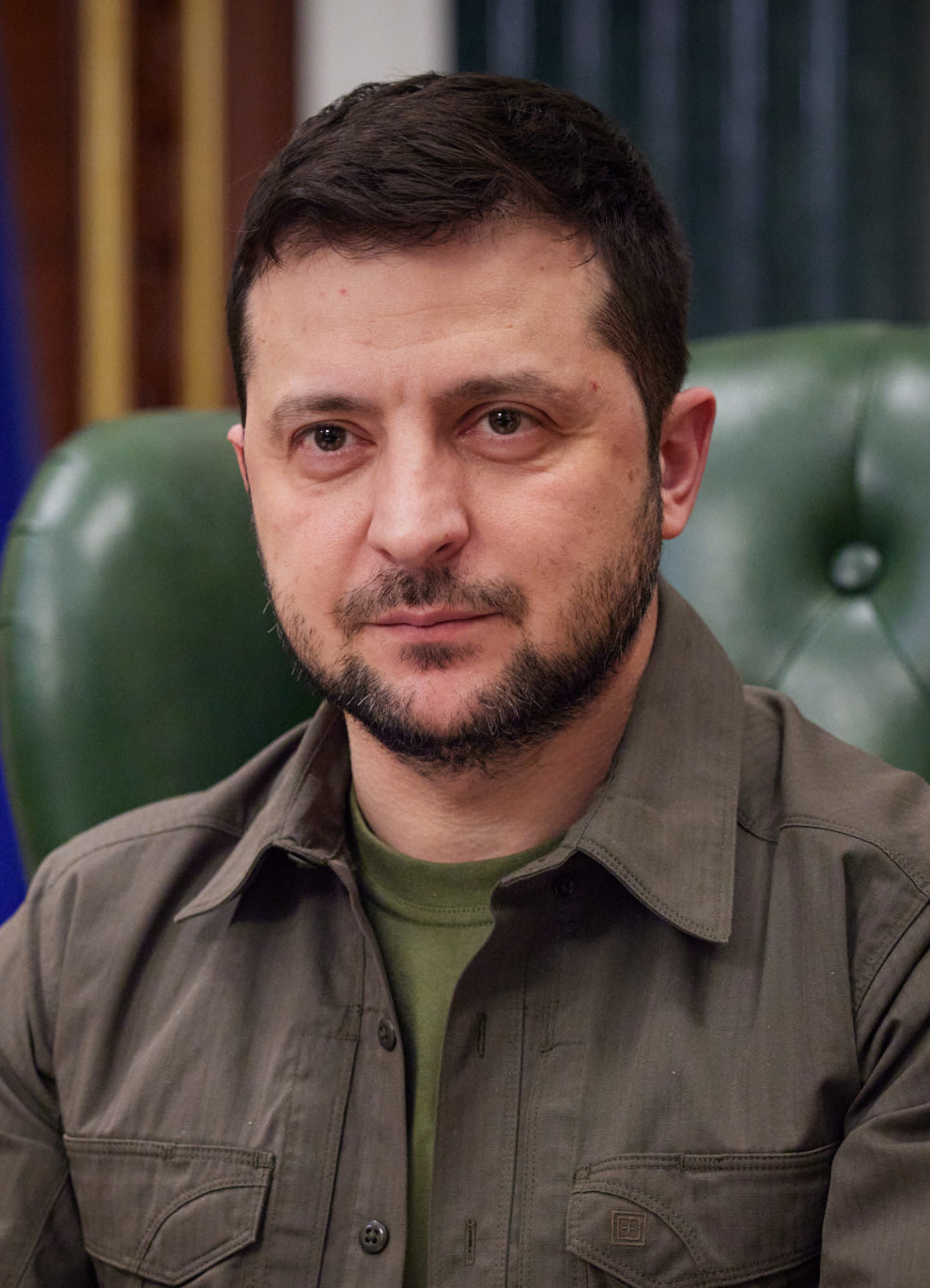The course of the war is dependent upon a lot of different factors, but I think is most likely is that it continues at least into late 2025.
Russia has had the advantage since the last quarter of 2023 as Ukraine's summer offensive failed to split the Russian forces through Zaporizhzhia oblast and Russia held increasingly significant material and manpower advantages. Through the last six months, Russia has used that advantage to make gains, but has not been able to turn that into something clearly decisive and with the recent authorization of US support to Ukraine, the possibility of a quick Russian victory becomes increasingly unlikely.
The European (and US) support to Ukraine has been constrained by inertia in ramping up critical sectors of the DIB. Ultimately, they should be able to match and exceed Russia's simply because they are much larger economies if the political will to do so is sustained. Thus a decisive material advantage and mobilization of sufficient forces to use them for a counter offensive doesn't happen until 2025.
Until one side or the other gains a decisive advantage on the battlefield AND the prospects of that not changing become apparent a diplomatic settlement agreeable to both sides is very unlikely.
The biggest wild card in the deck is what China does. My expectation is that they will continue to (increasingly) trade with Russia but not in finished weapons. If the Chinese DIB ramps up fully behind Russia Ukraine and probably other eastern european states are in serious existential danger.


